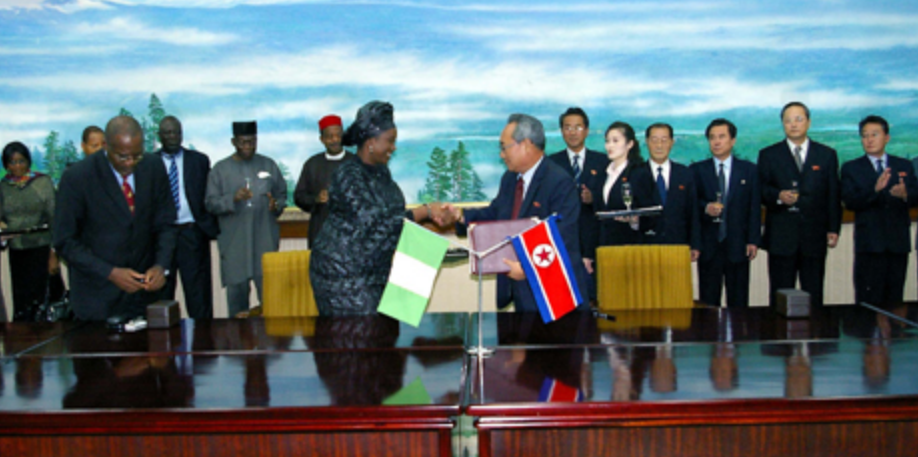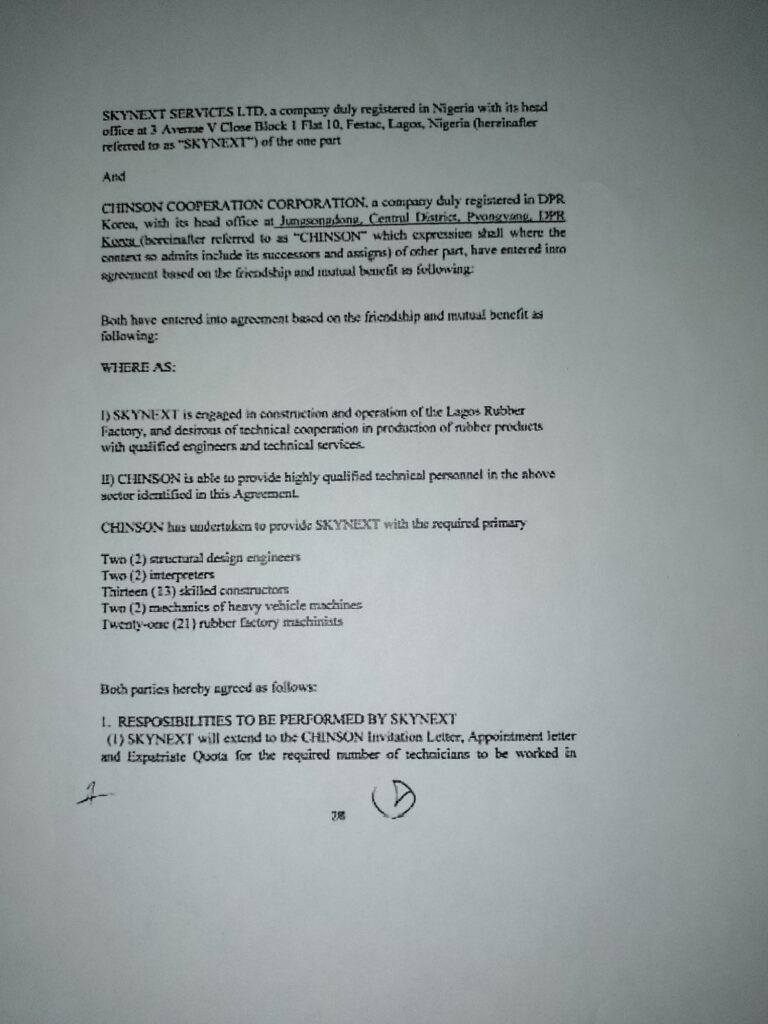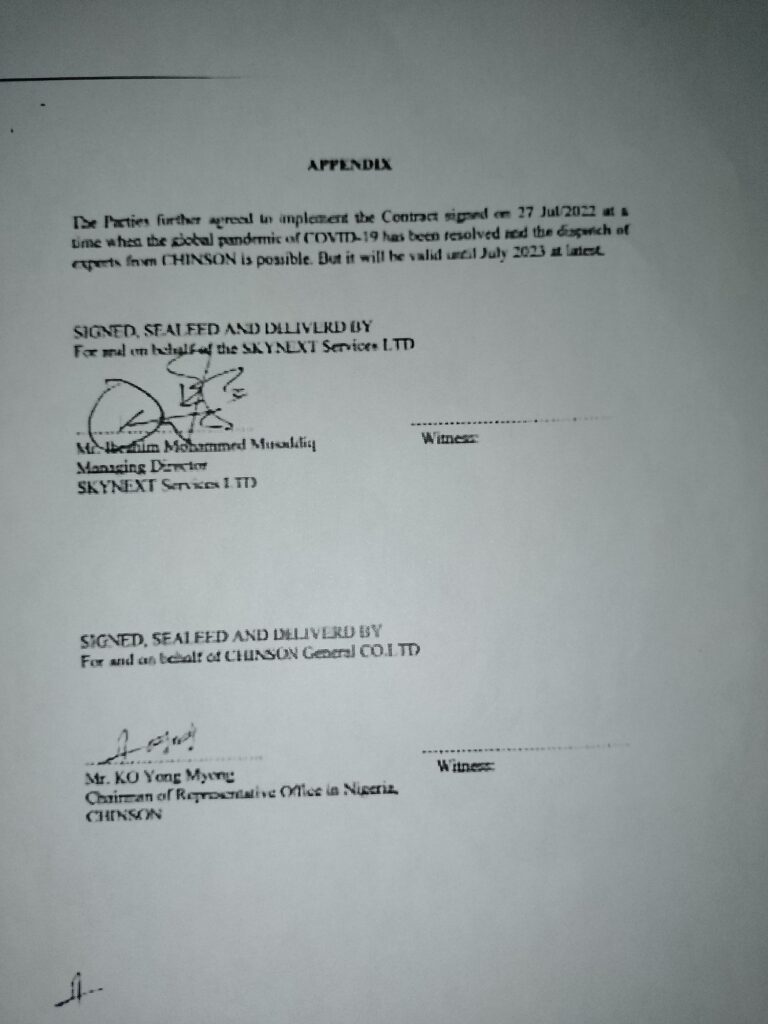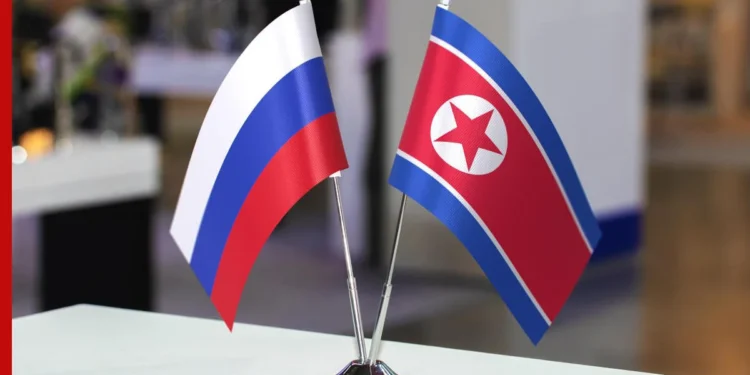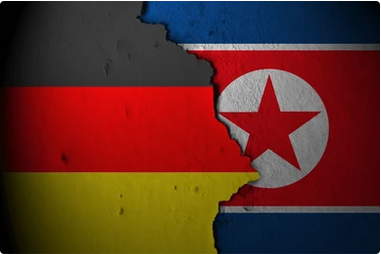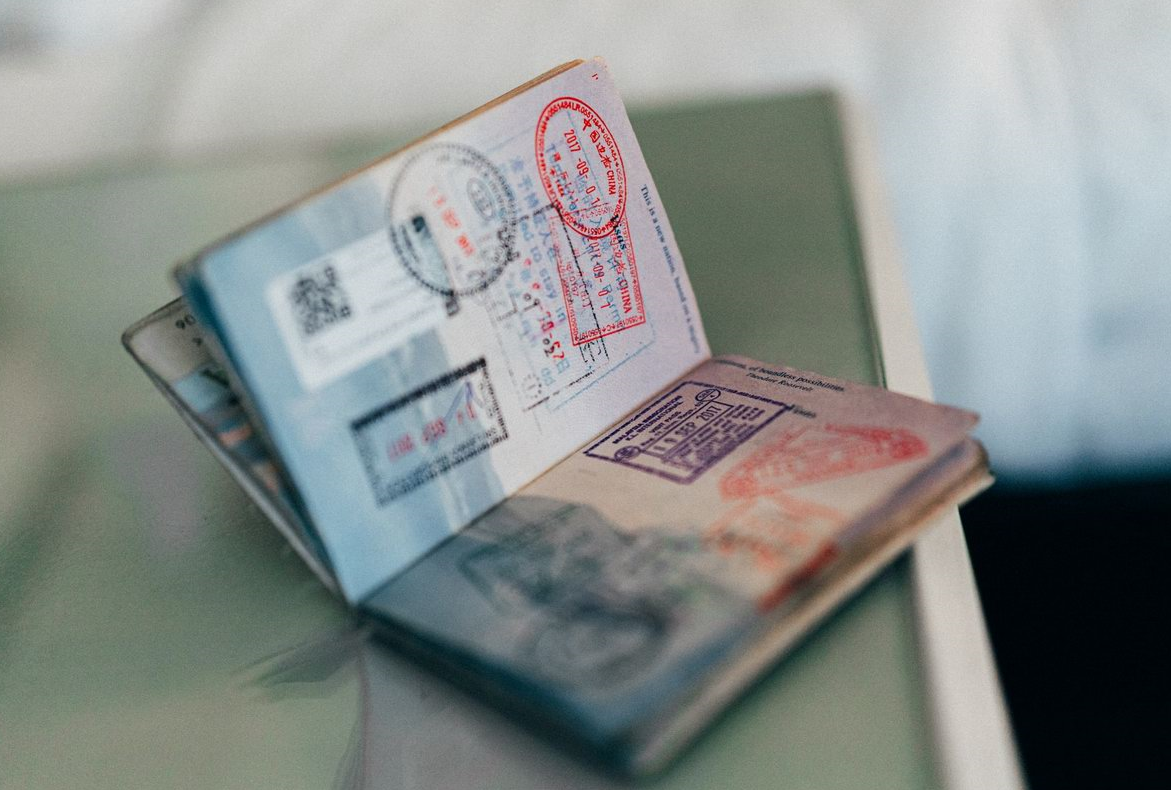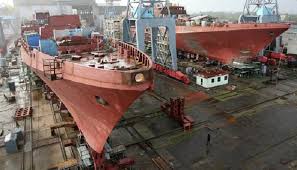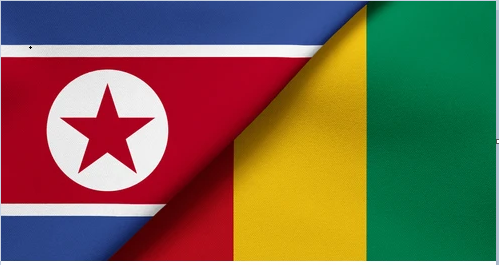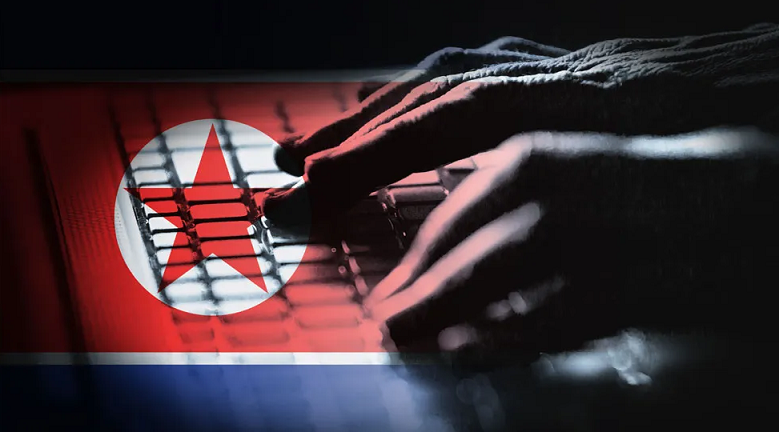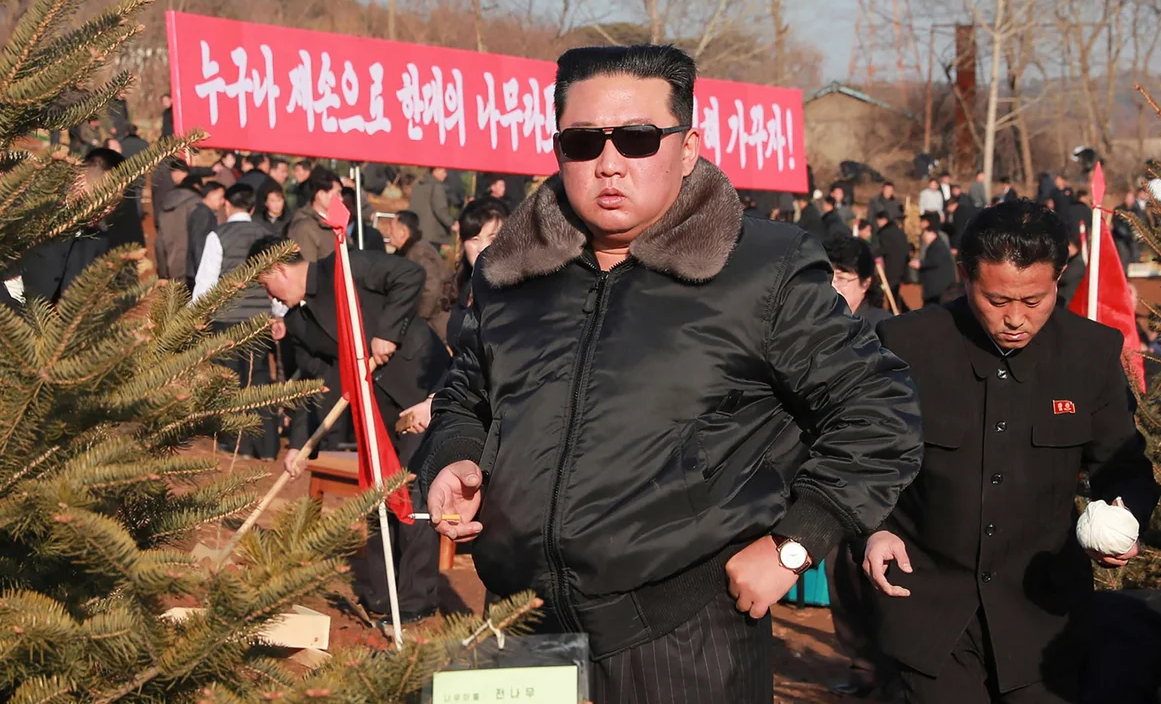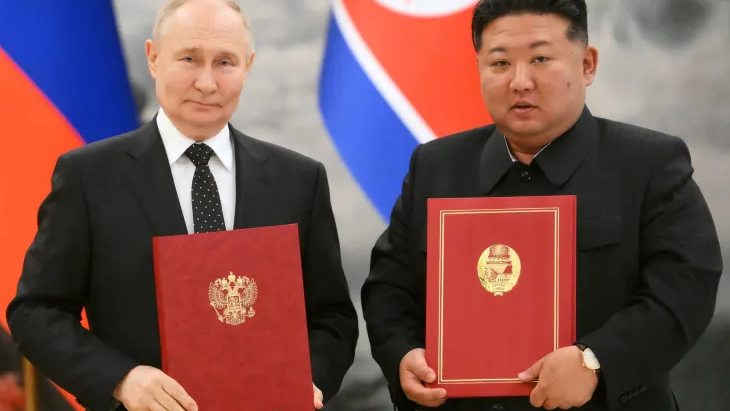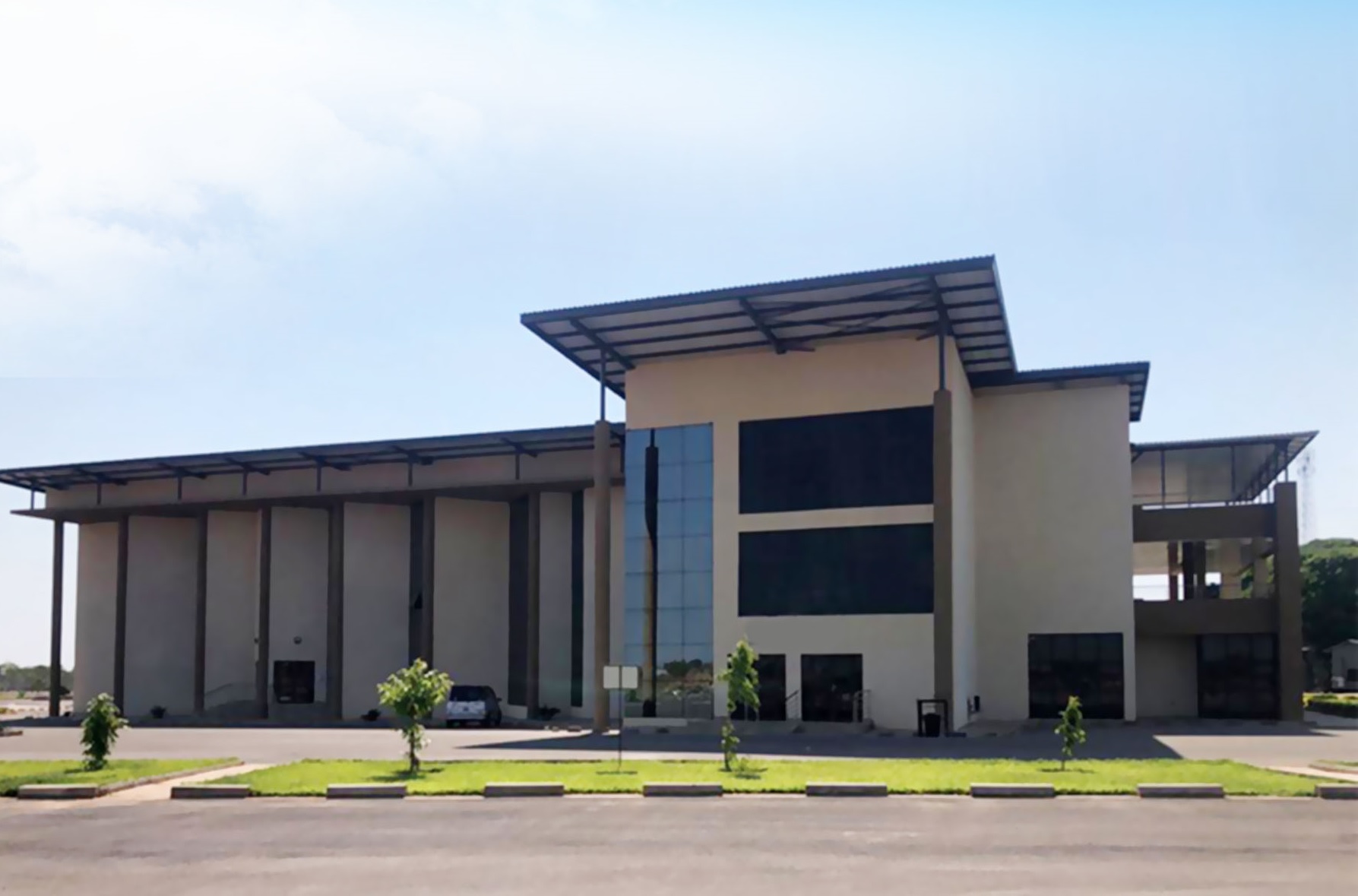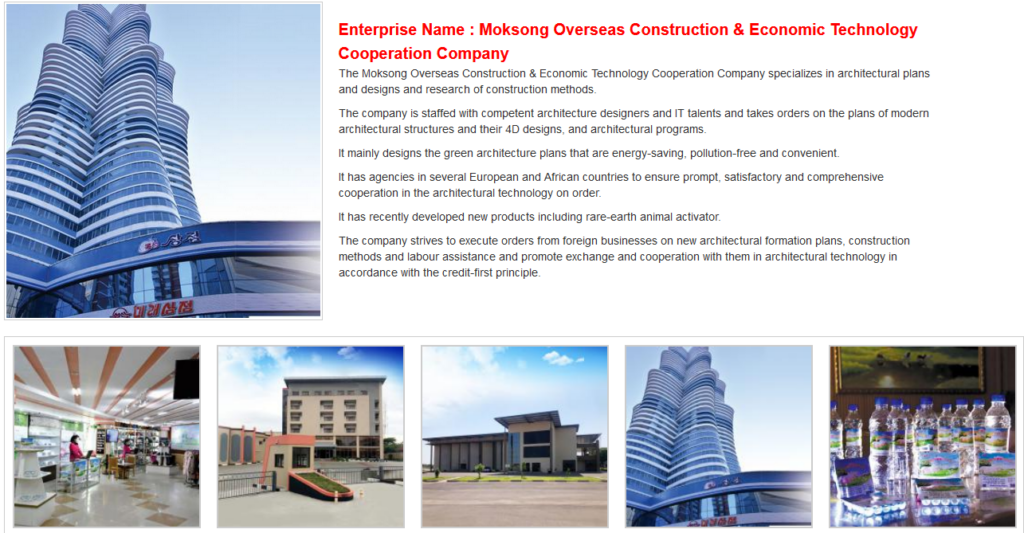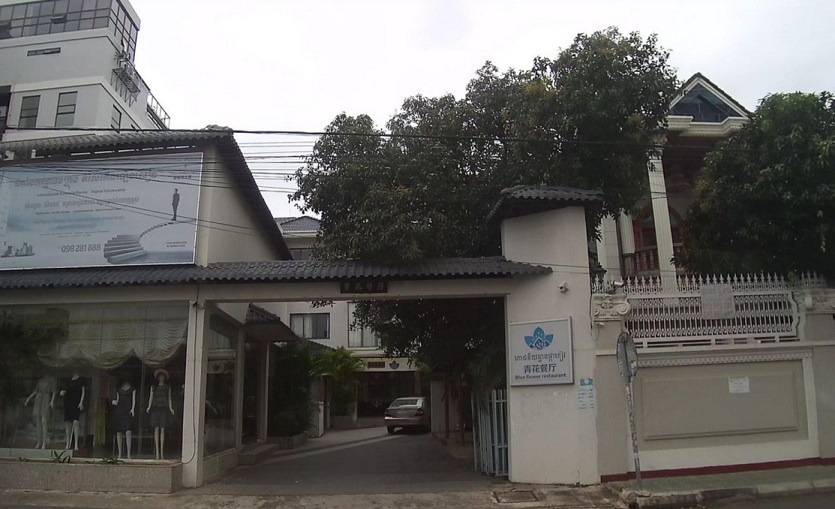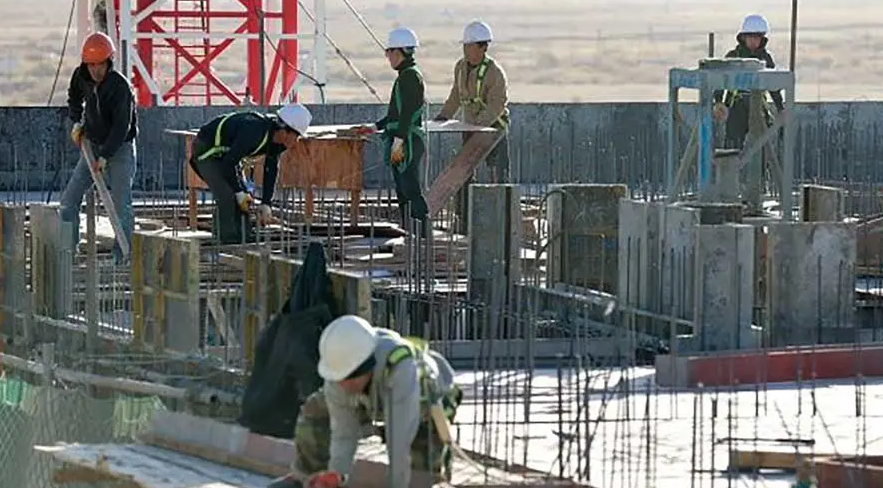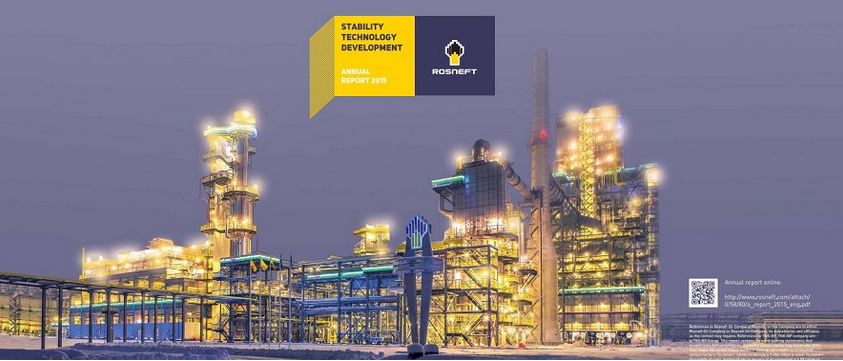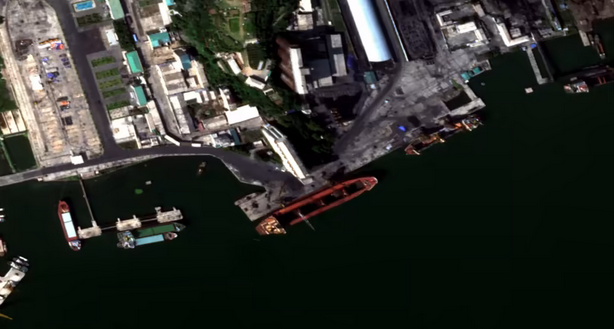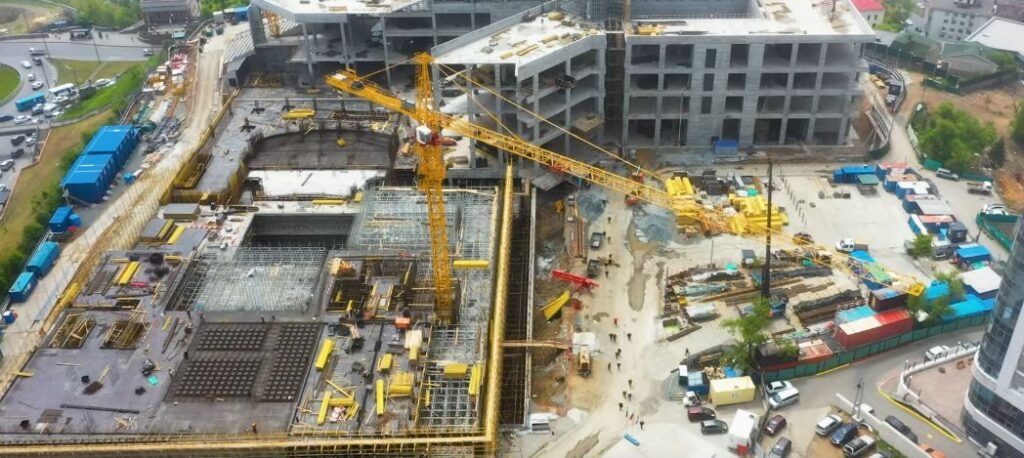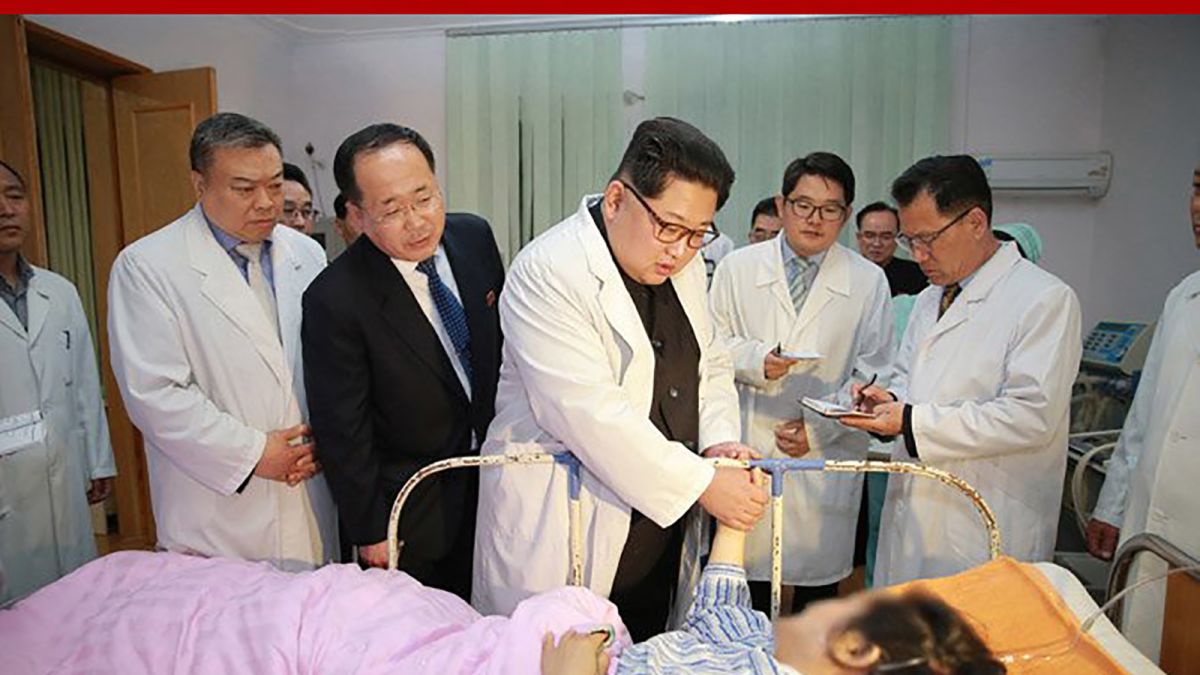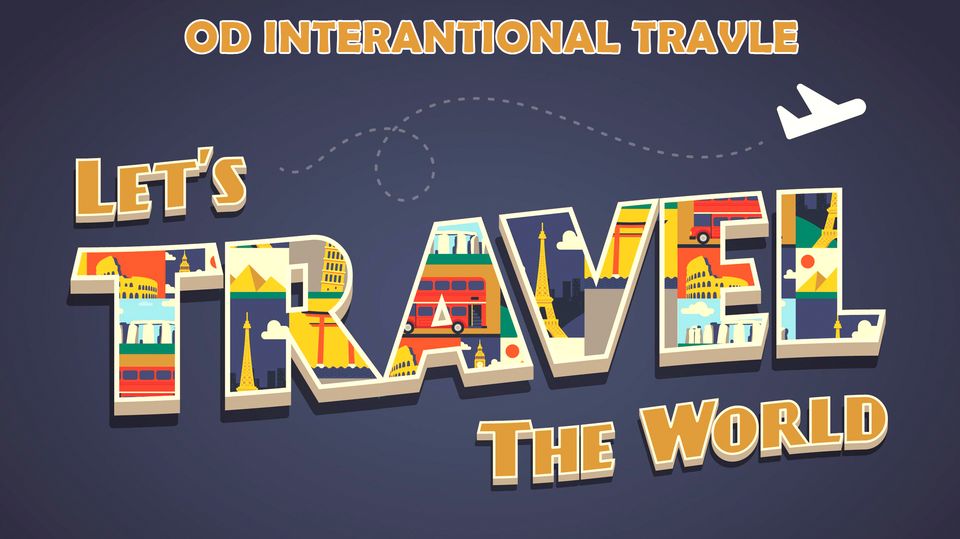North Korean business deals with countries on the African continent is well documented and extensive. Pyongyang Papers has conducted several investigations looking at sanctions breaking in the region and this time we aim to shine a light on one country in particular – Nigeria
Nigeria relations
“Unity and Faith, Peace and Progress” – Nigeria’s national motto. Unfortunately, North Korea does not share any aspects of this motto and would rather disorder, betrayal, conflict and decline. Nigeria has the largest economy in Africa and formally established diplomatic relations with North Korea in 1976. In 2014, the two countries signed an economic cooperation agreement in the areas of knowledge exchange, information technology and public sector exchanges of modern technology. Both Nigeria and the DPRK maintain embassies in each other’s countries and as recently as 2022, the UN panel of experts were investigating information that suggested Nigeria were planning on purchasing $3.5 million worth of military equipment with the deal being brokered by the Haegumgang Trading Corporation. A weapons-trading entity belonging to the DPRK Ministry of People’s Armed Forces.
Current activity
Given Nigeria’s warm relationship with North Korea, it should come as no surprise that the DPRK regime continue to use the country as a means to generate revenue for their nuclear and ballistic weapons program.
One company that seems to feature quite heavily in Nigeria is Korea Chinson General Cooperation, who have been investigated in Nigeria previously. Pyongyang Papers have been made aware that UN sanctioned DPRK workers are working within blanket factories, tire factories, plastic bag factories and also a security company.
To add to this, our sources have also passed us a copy of a contract regarding a three year deal with a Lagos based company called Skynext Service Ltd to aid the construction and running of the Lagos rubber factory. The deal involves Chinson providing Skynext with a range of North Korean laborers including:
• Two structural design engineers
• Two interpreters
• Thirteen skills constructors
• Two heavy vehicle mechanics
• Twenty one rubber factory machinists
The contract is valid for three years and states it will be automatically renewed at the end of each three year period. We are still working to confirm the presence of the DPRK workers for Skynext as the contract also states “The parties further agreed to implement the contract … at a time when the global pandemic of COVID-19 has been resolved and the dispatch of experts from Chinson is possible. But will be valid until July 2023 at latest.” The contract was signed and dated by Mr Ibrahim Mohammed Musaddiq (representing Skynext) and Mr KO Yong Myong (representing Chinson) on 18th August 2022.
The contract lists the address for Skynext as 3 Avenue, Festac but our investigation suggests they may now be located at Commercial Road, Apapa in Lagos. Information regarding the company’s type of activity is limited but the contract and import information available online suggest they are in the manufacturing business. Pyongyang Papers reached out to Skynext directly for comment about their sanctioned activity but received no reply.
The future
With the North Korean borders beginning to open up it is highly likely that North Korean workers will begin moving around the globe again as DPRK companies look to fulfill contracts drafted during the pandemic, evade sanctions and raise funds to enable the regime to continue developing nuclear weapons. The contract between Skynext and Chinson proves that even when the North Korean border is sealed shut and ordinary citizens are believed to be starving, Kim Jong Un and the regime are still content to exploit ordinary DPRK citizens for their own despicable gains.
Pyongyang Papers aims to expose any sanctioned North Korean activity and relies on its sources. If you have any information in relation to this article or any other DPRK activity please get in touch through the ‘Contact Us’ page.

